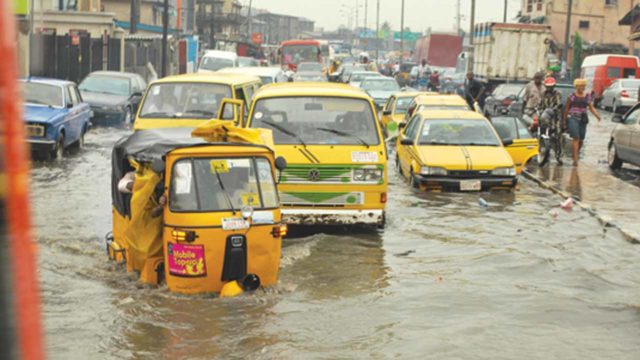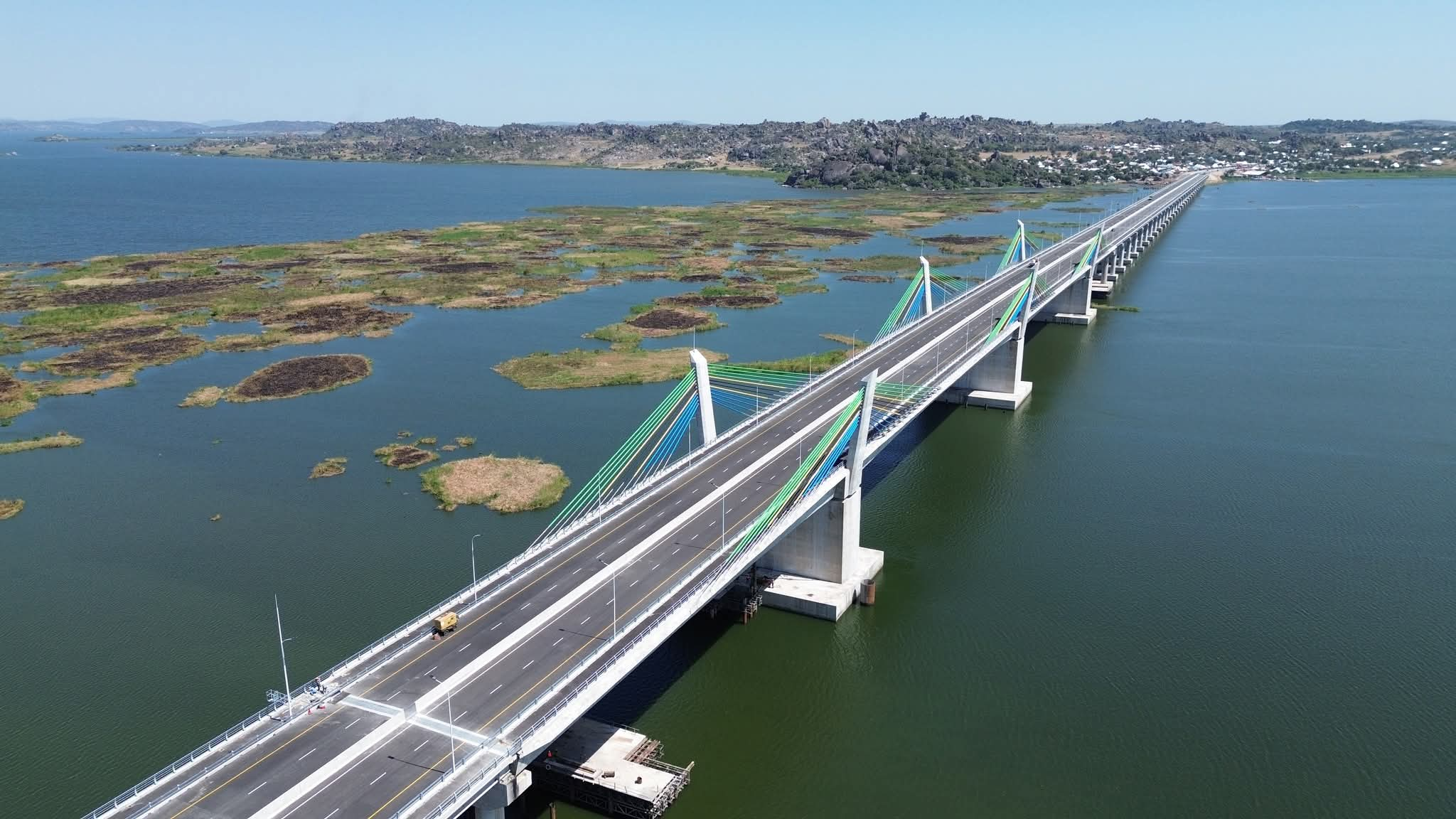LAND SUBSIDENCE: Lagos, Bayelsa, Ondo, Other Global Coastal Cities Sinking

Did you know that Lagos State is listed among the 99 sinking coastal cities in the world and that Indonesia will start moving its capital city, Jakarta, as a result of the alarming sinking rate?
A research conducted by the University of Lagos (UNILAG) and a thesis titled, ‘Evaluation of Induced Seismicity and Liquefaction Potential of Coastal Sands Using Integrated Method in Part of Lagos Wetlands’, has pointed to an increased threat to many inhabitants of the state arising from gradual land subsidence.
Land subsidence is a gradual settling or sudden sinking of the earth’s surface due to removal or displacement of subsurface earth materials. This occurs when large amounts of groundwater have been withdrawn from certain types of rocks, such as fine-grained sediments.
The principal investigator, Earth Signature Research Group, Department of Geosciences, in the University of Lagos, Prof Lukumon Adeoti, stated that beyond the report, there are evidences that subsidence rate in many cities in Nigeria is increasing, giving credence to a 2022 published research by three US scientists: Peo-Chin Wu, Meng Wei and Steven DiHondt, all of the Graduate School of Oceanography, University of Rhode Island, USA, in a research that measured the subsidence rate of 99 coastal cities around the world between 2015 and 2020.
These 99 coastal cities around the world are found to be sinking faster than sea levels are rising. The worst affected cities are all in Asia. These cities, including Chattogram in Bangladesh, Semarang in Indonesia, and Ho Chi Minh City in Vietnam, have areas with subsidence rates of more than 20 millimeters per year, which is 10 times higher than the global mean sea level rise of two millimeters per year. In one-third of the 99 cities studied, however, at least part of the city is sinking by 10 millimeters or more per year.
Based on the published research of the US scientists, satellite data indicate that land is subsiding faster than sea level is rising in many coastal cities throughout the world, and if subsidence continues at recent rates, these cities will be challenged by flooding much sooner than projected by the sea level rise models. The report by the US scientists identified Lagos, an area of 5 × 10 km in the center of Lagos, as subsiding faster than 2 mm/yr.
The report of the research recommend expanded monitoring and policy interventions to reduce subsidence rates and minimize the consequences. It also suggested that Permanent Global Navigation Satellite System (GNSS) stations can provide accurate measurements of coastal subsidence (mm/yr) but are limited in their spatial coverage and spatial resolution. Interferometric Synthetic Aperture Radar (InSAR), it said, can provide much greater spatial resolution with reasonable accuracy (a few mm/yr).
The absence of GNSS data, according to the report, is even more pronounced for cities in many less-developed nations. Although InSAR data indicate that a large portion of the coastal area of Lagos is subsiding more rapidly than sea level is rising, there is no openly accessible GNSS data for any apparently subsiding locations in this region.
It further said that in cities where openly accessible GNSS data are not available, true subsidence rates may be even higher than we have estimated from InSAR data, if the reference area is subsiding.
Prof Adeoti who is a professor of Applied Geophysics called on the media to help in the campaign to sensitise the public in protecting the earth surface from increased land subsidence which if the effect is not tackled, can portend and expose the community to danger.
He stated that before human activities, be it building, sourcing for water and others are carried out, it is of importance that Geotechnical Method should accompany Geophysical Method in testing the soil of earth sub-surface and determine the type of foundation to be deployed. Adeoti also noted that, as the chairman of building code in Lagos, he has worked with Lagos State Building Control Agency (LASBCA) that regulates development of buildings in the state.
Communities in Lagos, Nigeria’s commercial capital, are reporting increasing incidents of floods and rising flood waters threatening their livelihoods and homes. The estimated 22 million residents of the state are however oblivious of the reasons why: which is that Lagos is sinking.
According to Prof. Ife Adewunmi, Civil Engineer and Professor of Water Resources and Environmental Engineering, based at Redeemers’ University of Nigeria, said that not only Lagos is sinking in Nigeria; parts of other coastal cities in Bayelsa State and Ayetoro in Ondo State are also sinking. This is in addition to the rising sea level that is blamed on global warming.
Image Credit: TheGuardianNigeria
Sources: Leadership | Haikai Magazine
#penglobalfactfile #flooding


_1755775186.jpg)
